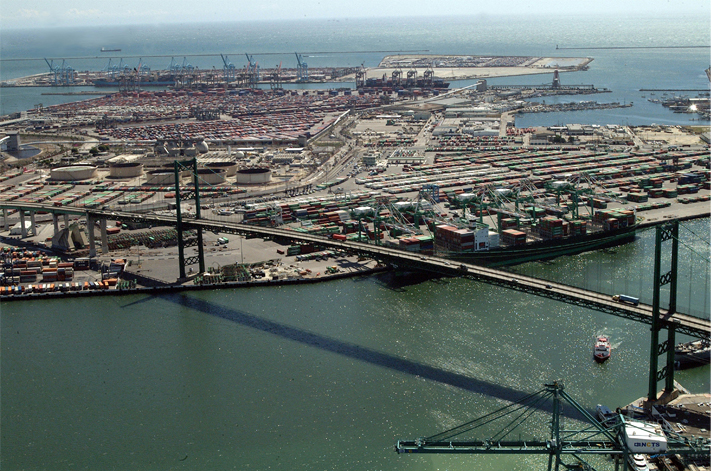Archive for June 11th, 2015
China Has a PLAN For TPP
Posted by Joshua Sharf in Business, China, Economics on June 11th, 2015
 This week, it’s all about the Trade Promotion Authority being sought by the administration in pursuit of the Trans Pacific Partnership, a massive and massively complex free trade agreement being negotiated among 12 nations, including Japan, Mexico, Canada, and the US, along with a variety of Pacific nations seeking freer trade with the US.
This week, it’s all about the Trade Promotion Authority being sought by the administration in pursuit of the Trans Pacific Partnership, a massive and massively complex free trade agreement being negotiated among 12 nations, including Japan, Mexico, Canada, and the US, along with a variety of Pacific nations seeking freer trade with the US.
Free trade hasn’t been this hot a topic since NAFTA and the “giant sucking sound,” the phrase for which Ross Perot is probably best remembered.
Much of the objection has centered around the alleged secrecy of TPA. Of course, there is exactly zero secrecy around the Trade Promotion Authority, something which has routinely been granted Presidents since Roosevelt. It’s merely the authority to seek an up-or-down vote on the package once agreement is reached.
The TPP itself is still secret, and it needs to be. While it’s amusing to see libertarians like Sen. Rand Paul argue for aggressively Wilsonian ideas like open negotiations, such an approach would almost certainly never lead to an actual trade agreement – there are simply too many competing interests to balance for such talks to be held in public. If and when an agreement is reached, there will be plenty of time to examine it, and if, on balance, our interests are not served, Congress will get a chance to vote it down, and send our negotiators back for another try.
One element that isn’t being discussed is the silent role that China is playing in these negotiations, and the stake that it has in their failure.
China is becoming dangerously overconfident in its assertion of sovereignty over the international waters of the South China Sea. It’s developing strategic weapons designed to prevent our navy from operating effectively anywhere in the Pacific. And it will likely try to declare an Air Defense Identification Zone (ADIZ) over the South China Sea sometime this summer.
The US has an unstated, but increasingly clear, policy of pulling together bilateral and multilateral relationships in opposition to China’s hegemonic ambitions. This includes even Vietnam, a country with which the US has not always enjoyed the closest relationship. (How amusing would it be for the US Navy to obtain rights at Cam Ranh Bay?)
The TPP not only serves the purpose of strengthening economic ties, it also begins to establish the habit of working together with these countries, building trust, and improving on general diplomatic and working relationships. Successfully pursuing TPP would help persuade these countries that the US was serious about doing business in Asia. This would likely be true even if the agreement itself were to be rejected by Congress and sent back for renegotiation.
China is not included in the talks. Naturally, it would like to see them fail, and then, citing their failure (especially on a procedural vote) as evidence of the US’s unreliability, walk in with its own proposed agreement. Countries already nervous about Chinese encroachment might be inclined to listen, turn away from us out of fear, frustration, and disgust, and then cut a deal with the closer, more committed power.
The role that Chinese intelligence plays in this should not be underestimated. Their new friends, the Russians, and their subsidiary, Wikileaks, probably published what are purported to be sensitive portions of the TPP specifically in order to ramp up opposition sow discontent in the US in advance of the vote. Moreover, the catastrophic security breach at OPM, which now includes overseas contacts of US citizens, could be used to intimidate those operators in Asian countries who might not want the relationship with China to be exclusive.
One hesitates to freight any particular negotiations with too much importance, but it’s hard to see how walking away from the talks at this point could be anything but bad.



